News

Plastic pollution: Let's be part of the solution.
Following our article on the changes taking place in the Arctic, their consequences around the world and the ways we can contribute to tackling the climate crisis, we continue our efforts to raise awareness of the most critical environmental challenges of our time, focusing on plastic pollution.
Did you know that?
Production of the first synthetic plastic, Bakelite, began in 1907, marking the start of the global plastics industry, which after 1950, began to proliferate, with annual plastics production in 2019 reaching 460 million tonnes.
What is plastic pollution?
By plastic pollution, we mean the presence of plastic litter in the environment, which has severe impacts on wildlife, ecosystems and human health: On the one hand, plastics can remain in the environment for hundreds of years, releasing toxic chemicals into the soil and water, and on the other hand, they are transferred to the human body through the food chain, resulting in each of us inadvertently consuming 5 grams of microplastics per week.
Plastic pollution in the sea .
Every year, 8 million Tonnes of plastics leak into the oceans, 11.000 of which are estimated to end up in the Greek seas. Mainly plastic bags are a modern environmental scourge: Of the 1 trillion produced annually, only 1% is recycled, with the remaining 99% ending up in the soil and the ocean. Plastic bags are responsible for the death of 100,000 marine animal species every year, such as sea turtles that mistake plastic bags for jellyfish and, in their attempt to eat them, drown.
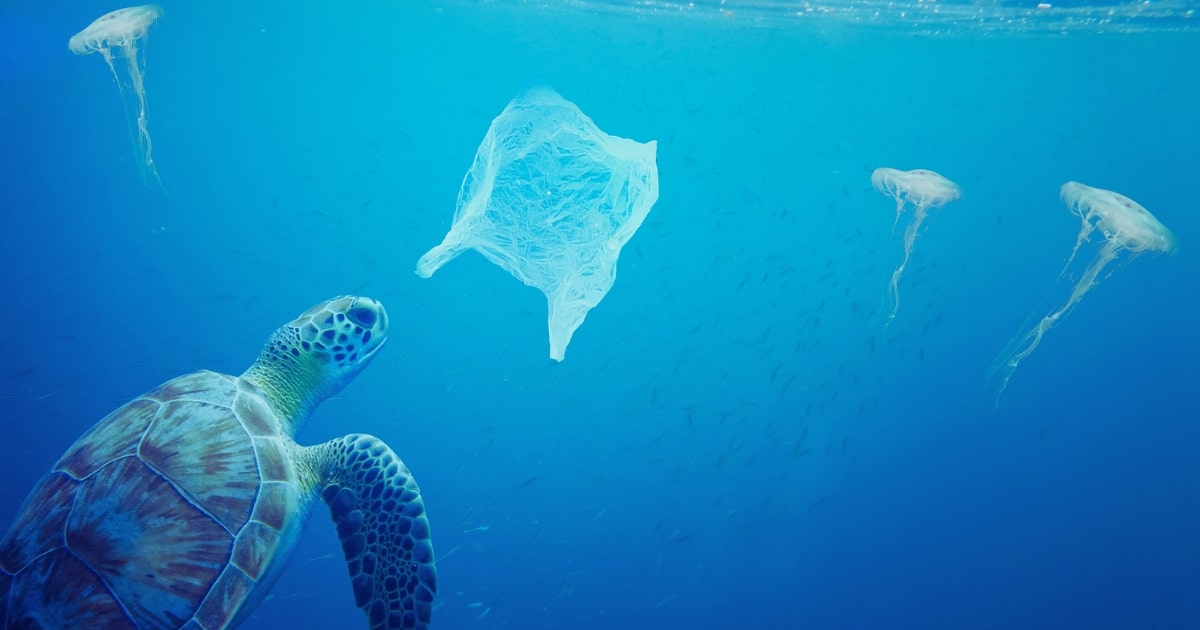
Can we be part of the solution?
Of course, we can. By changing our daily habits, reducing the use of plastics and increasing recycling. More specifically, we can:
- Minimise single-use plastics such as water bottles, coffee cups, straws, bags, plates and cutlery, choosing reusable alternatives made from environmentally friendly materials.
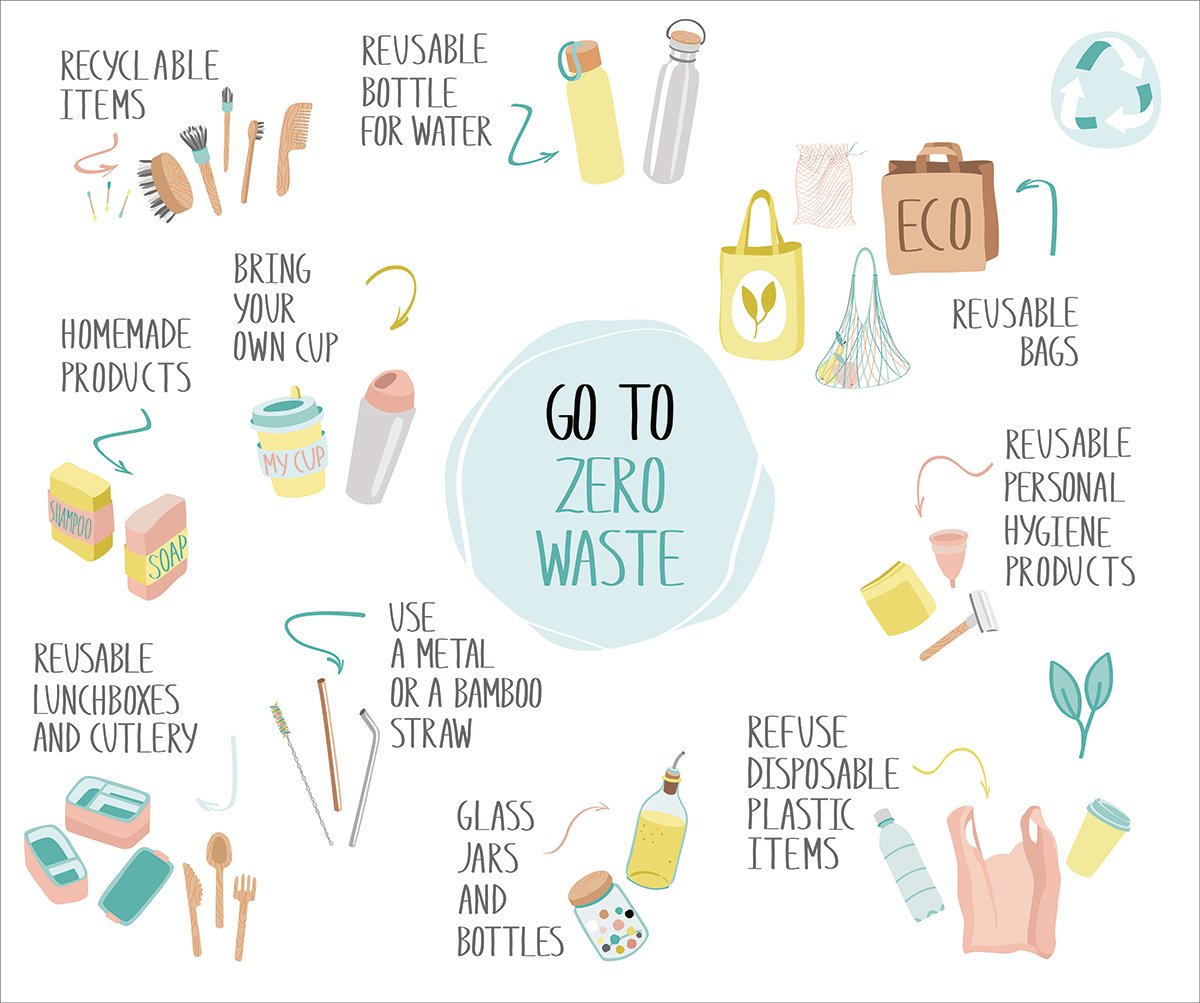
- Learn to recycle plastic waste properly, helping to increase the global recycling rate.
- Support initiatives to reduce plastics by participating, for example, in voluntary beach and/or seabed cleanups.
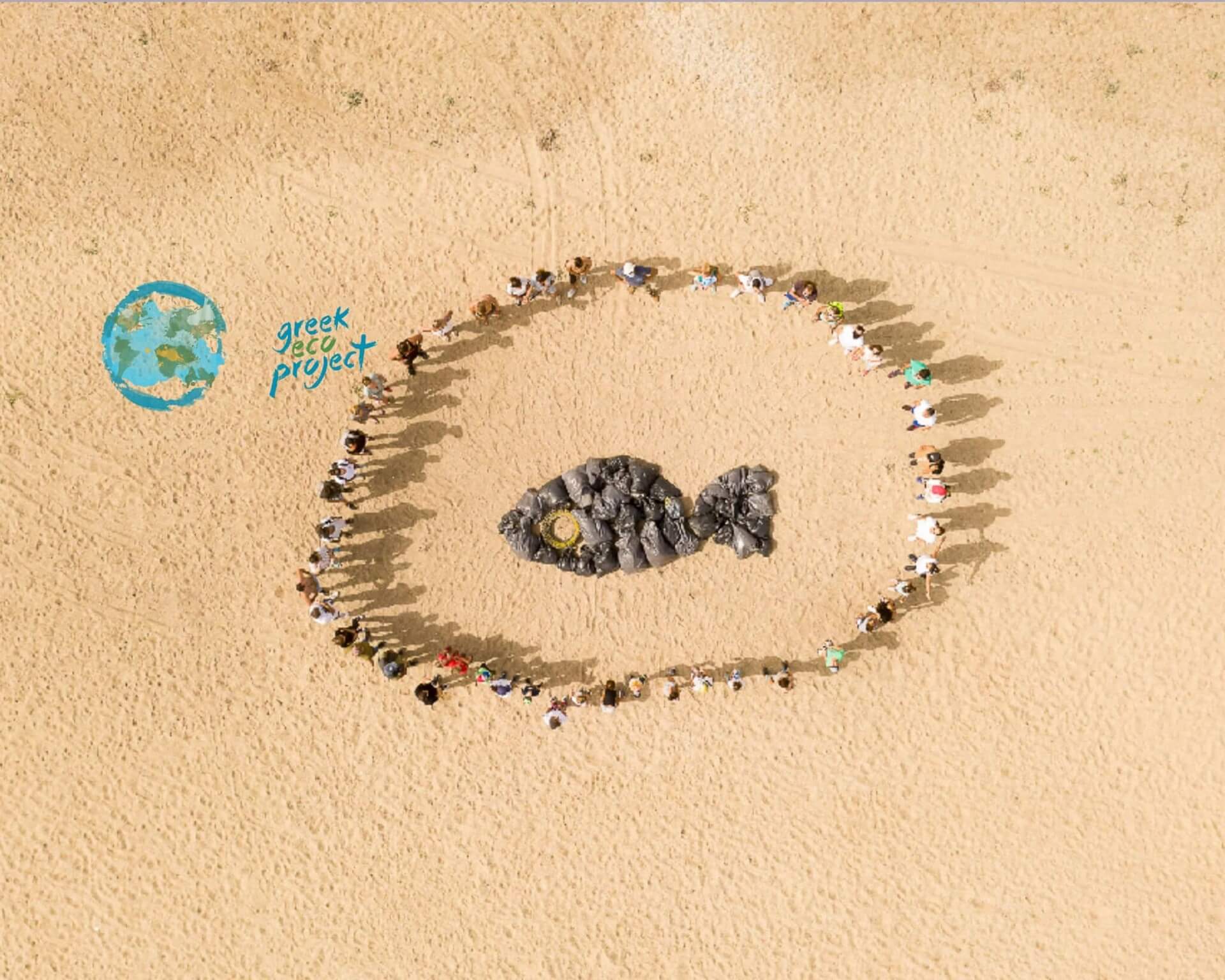
- Inform our communities about the impact of plastic pollution and encourage our relatives, friends, colleagues and acquaintances to reduce the use of plastic in their daily lives.
What we do at ALUMIL
At ALUMIL, we choose to be part of the solution.
- First and foremost, we strictly follow the environmental legislation of the countries in which we operate. Moreover, we have been implementing a certified environmental management system according to the EN ISO 14001 standard since 2002, ensuring the harmonious coexistence of our activities with the natural environment.
- We are drastically reducing the use of plastic throughout our supply chain.
- We sponsor and actively participate in initiatives to reduce marine pollution.
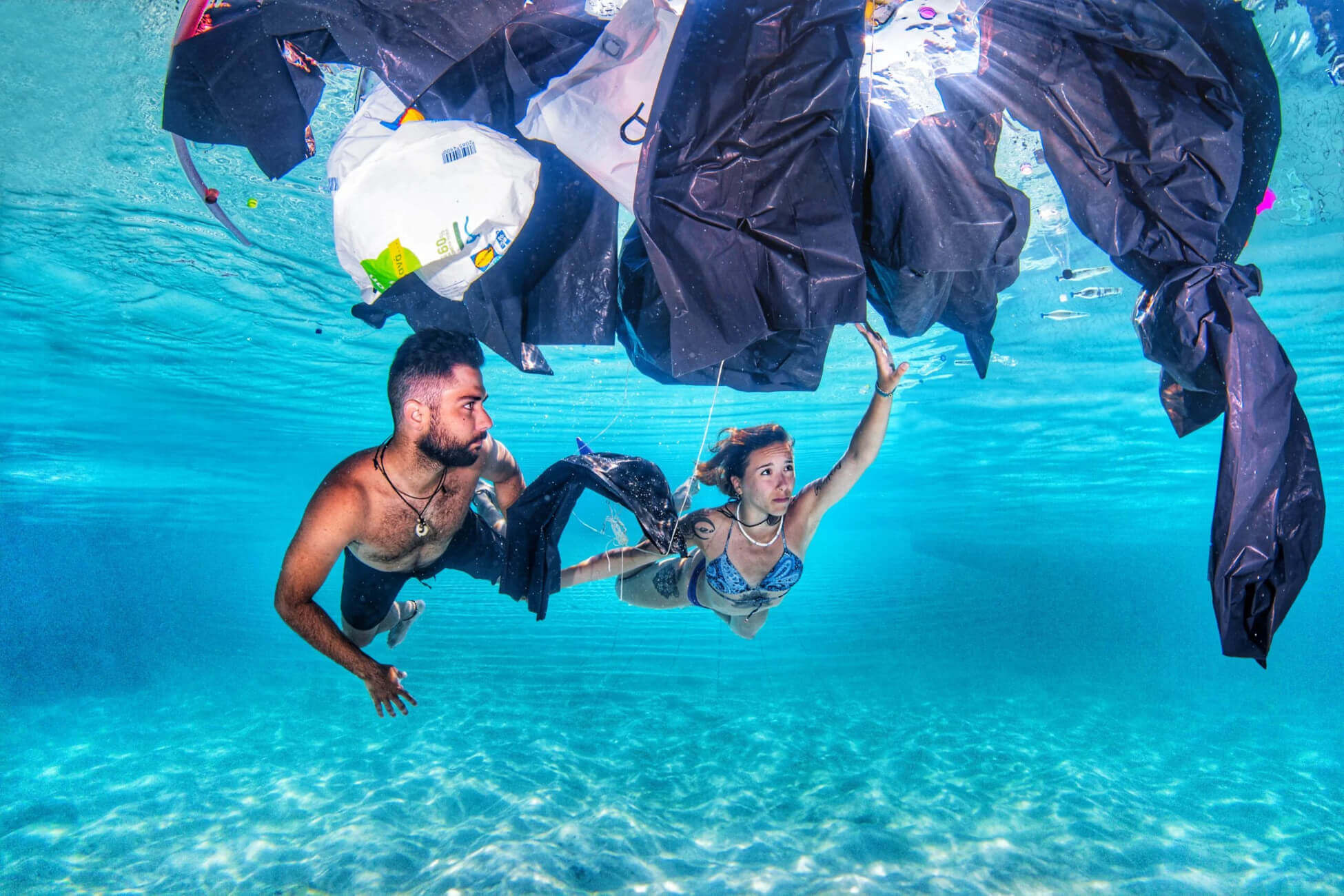
In cooperation with environmental organisations, we participate in green actions with an impact on local communities, such as the recent park cleanup in eastern Thessaloniki, carried out in early March by members of our volunteer team Green Ambassadors and Alumilers from Thessaloniki and Kilkis. Read more about this action here.
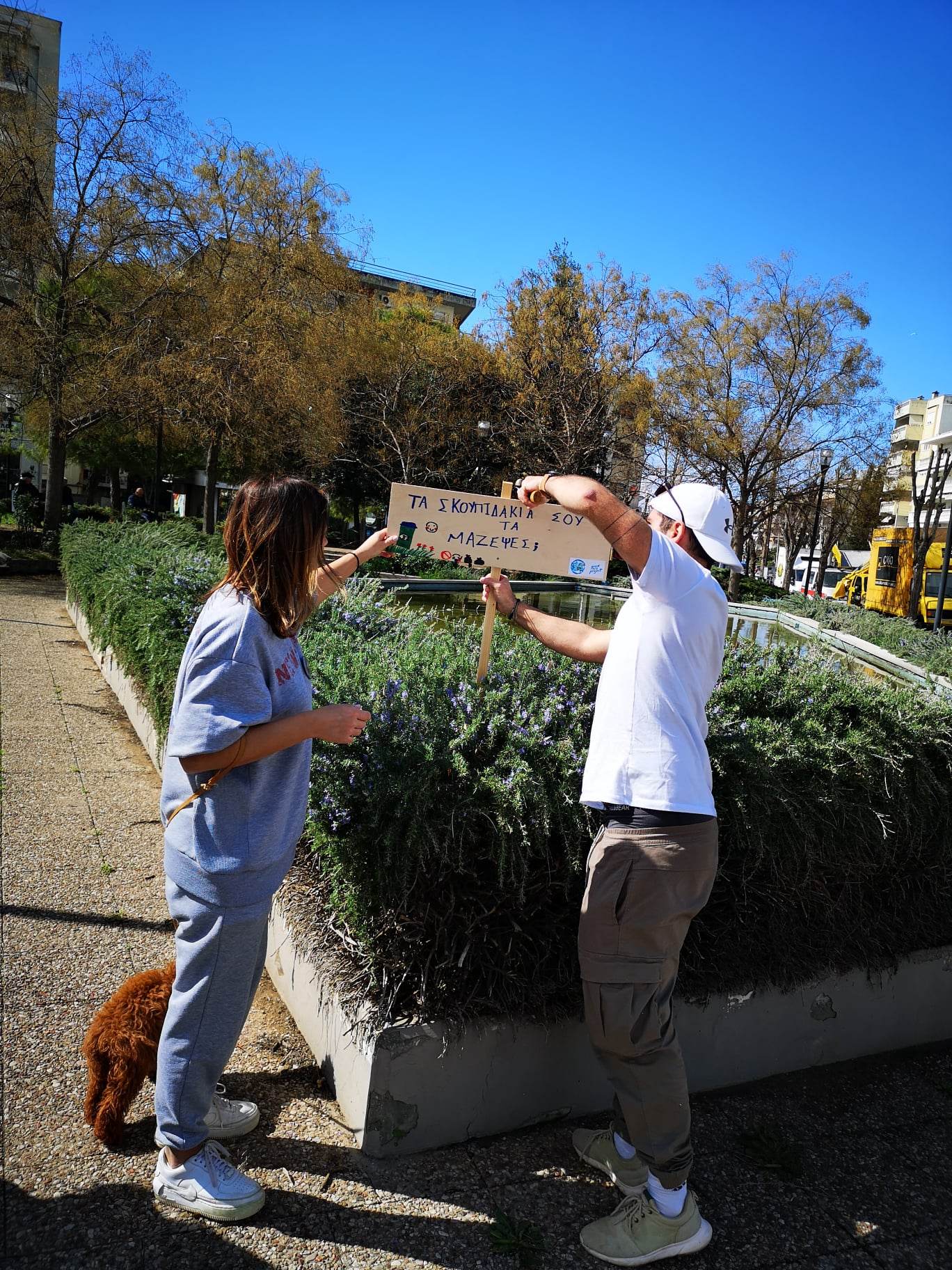
- We use recycling bins at our offices in Thessaloniki and Kilkis, and we systematically organise awareness campaigns for our people on the importance of reducing the use and increasing the recycling of plastic. Do you want to know more about recycling at ALUMIL? Read a relevant article here.
What is worth remembering is that every action counts. By making small changes in our daily lives, we can make a significant contribution to reducing plastic pollution.
Do you want to be part of the solution or part of the problem? The choice is yours!

